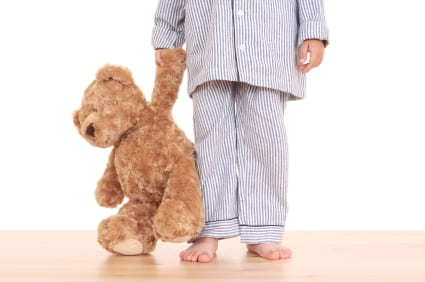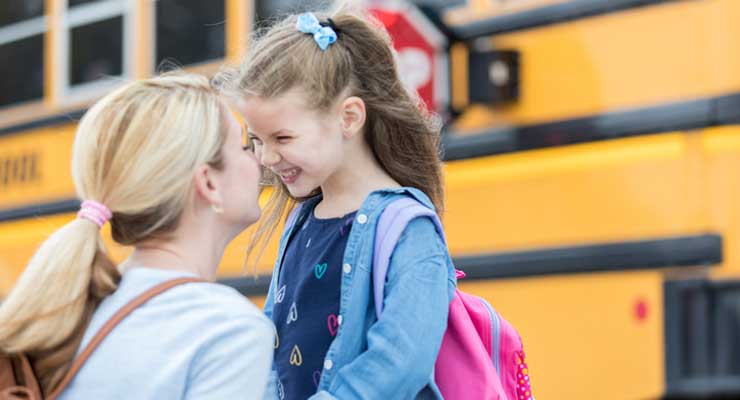“I’m embarrassed to ask this…what will they think of me?”
This is what many parents told us when we talked about the importance of asking “safety questions” of another parent or friend before sending kids off to a play date, sleep over or sports practice.
With all of the stories in the media about “trusted adults” in childrens’ lives who have broken that trust by abusing them, it’s important to ask yourself whether your discomfort with asking safety questions are more important than your child’s safety. Is the chance of offending someone worth the risk?
Perhaps a year ago you might not have even thought to ask, but with recent news events, you probably have heard that 90% of the time a child is harmed – it’s by someone they know. As a result, it’s nearly impossible to bury your head in the sand and say “that would never happen to my child”…because it can and it does.
We want parents to feel that they have done all in their power to keep their children safe. So here are some questions that are important to ask the people you entrust with your child:
Before a play date or sleep-over
- Who will be watching the children?
- Do you have older children and will they or their friends be present?
- Do you have a gun in your house?
- What safety rules do you have in your house?
- Will you be staying at your house the entire time?
- Is the TV and Internet use monitored?
- What are the sleeping arrangements?
Asking these questions will not entirely ensure that your child will be safe, but how the adult answers the questions is very important. Are they offended? Do they tell you that you are too over-protective? Are they giving you the answers that make you feel that your child will be in a safe environment? Is your gut telling you that it’s not a safe environment for your child?
Here are some conversations to have with your child:
- Your body is special and belongs to you.
- You are in charge of your body and nobody should touch you in any way that makes you feel confused, weird, uncomfortable or on your private parts.
- You should not touch or look at anyone’s privates.
- When over a friend’s house clothes must always stay on.
- No one should take pictures of your privates or show you pictures of naked people.
- No playing in the master bedroom.
- No one should ever ask you to keep a secret from us – or keep a secret that you are NEVER allowed to tell.
It’s important to let your child know that you will always believe them and praise them when they report unsafe situations to you. You can give them a few strategies (as well as model and role play situations) so your child will know what to do and how to respond if they feel uncomfortable.
Make sure you discuss your safety rules and the fact that they should be followed when you are at another’s house. Finally, consider having a code word your child can say to you over the phone so if your child wants to leave they don’t have to be embarrassed.
By tackling these issues, you open the door to conversations that should be had on a regular basis as a natural part of your parenting. If all parents start speaking the same language of safety and are willing to openly discuss these questions, children everywhere will be safer. So are you still embarrassed to ask these questions? If you answered yes…get over it! Nothing is more important than your child’s safety!
For more information visit our website www.kidsafefoundation.org





